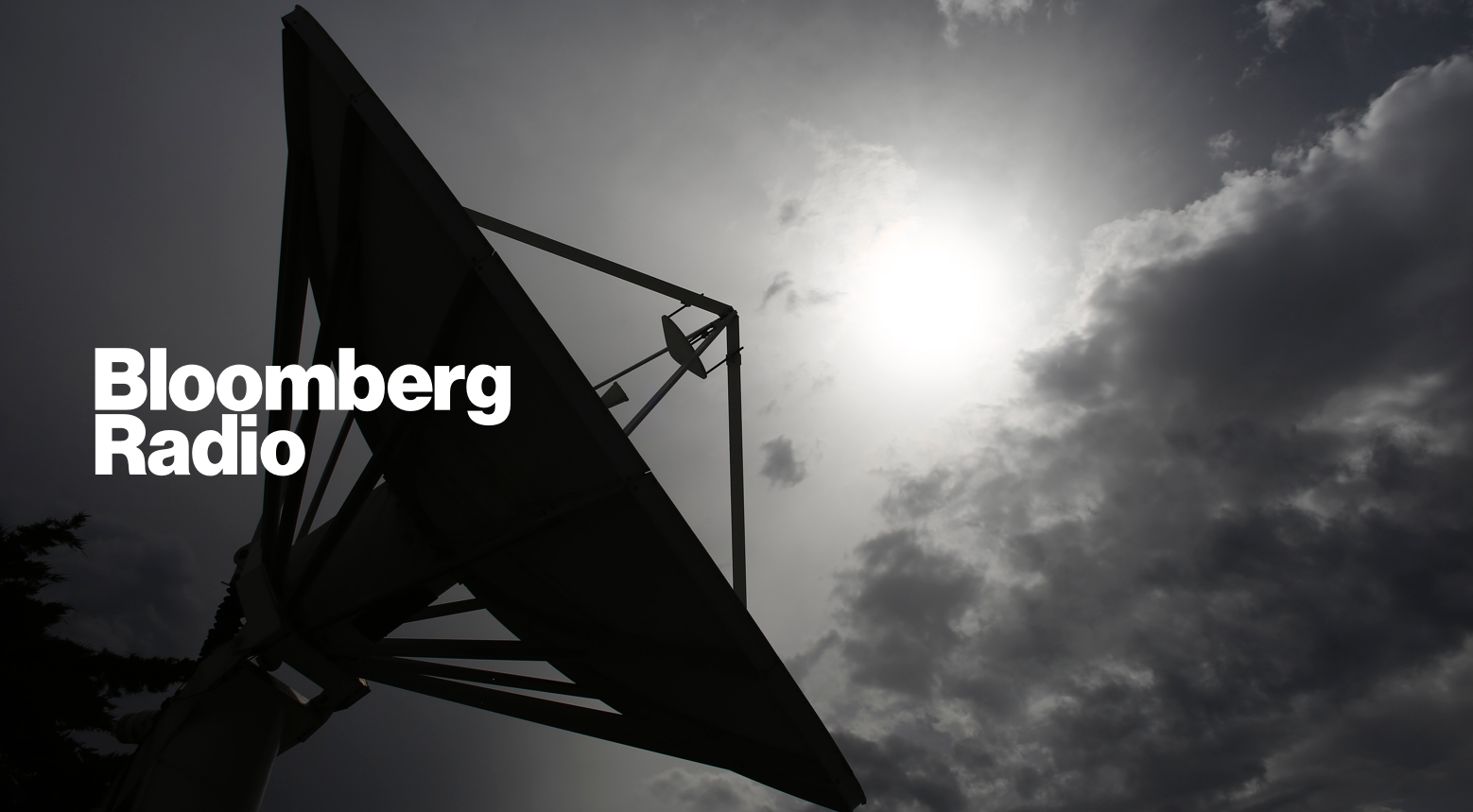The Interview Project team has decided to re-release all 121 episodes of the original series on October 1, 2024 to commemorate the 15 year anniversary.
Each episode will be shown in high definition, a feature that was previously unavailable to the team.
For those of you familiar with the series, we hope you enjoy revisiting them.
For those new to the series, we hope you enjoy discovering them.
In the “David Lynch Interview Project,” Americans are randomly selected and asked to share their personal stories.
“There was no plan… the people who were interviewed, each was different…. The team found the people driving along the roads, going into bars, going into different locations, and there they were. The people told their story.”
David Lynch, Author, Interview Project
In his Interview Project, director David Lynch’s (Blue Velvet, Twin Peaks) team drove across the United States to find people to interview. During the 70 days that the project was active, the team travelled 20,000 miles and conducted 121 interviews. Subjects were found randomly—in bars, on the sides of roads—and encouraged to talk about whatever was on their mind. Interviews range from Suzy of Abington, VA, who discussed her family tree removal business, to Kelly of Cushing, Oklahoma, who spoke about his struggle to find food, to Kee of Tuba City, AZ, who talked about his life on a Navajo reservation. While the project was active, conversations were posted online once every three days; today, website visitors can sort interviews by subject name or their location.
Drawing on MIT’s legacy of media innovation and its deep commitment to open and accessible information, the MIT Open Documentary Lab brings storytellers, technologists, and scholars together to explore new documentary forms with a particular focus on collaborative, interactive, and immersive storytelling.In the spirit of MIT’s open courseware and open source software movements, the Open Documentary Lab is inclusive, collaborative and committed to sharing knowledge, networks, and tools. Open in its understanding of documentary’s forms and potentials, the Lab is catalyst, partner and guide to the future of reality-based storytelling.
The Lab understands Documentary as a project rather than as a genre bound to a particular medium: documentary offers ways of exploring, representing, and critically engaging the world. It explores the potentials of emerging technologies and techniques to enhance the documentary project by including new voices, telling new stories and reaching new publics.
A center for documentary research, the Lab offers courses, workshops, a fellows program, public lectures, and conferences; it incubates experimental projects; and it develops tools, resources, reports, and critical discourse. These activities, and the partnerships with artists, journalists, technologists, and media makers that they have enabled, aim to push documentary’s boundaries and deepen the impact and reach of innovative reality-based storytelling
As David says, "It's something that's human and you can't stay away from it."The Lab understands Documentary as a project rather than as a genre bound to a particular medium: documentary offers ways of exploring, representing, and critically engaging the world. It explores the potentials of emerging technologies and techniques to enhance the documentary project by including new voices, telling new stories and reaching new publics.
A center for documentary research, the Lab offers courses, workshops, a fellows program, public lectures, and conferences; it incubates experimental projects; and it develops tools, resources, reports, and critical discourse. These activities, and the partnerships with artists, journalists, technologists, and media makers that they have enabled, aim to push documentary’s boundaries and deepen the impact and reach of innovative reality-based storytelling



No comments:
Post a Comment